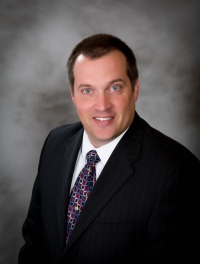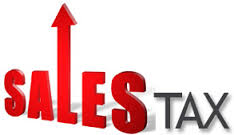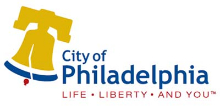It’s hard to believe it’s almost a year since Microsoft released Windows 10, the latest version of their Windows operating system. Existing Windows users have the opportunity to access a free upgrade through July 29, 2016. So, should you upgrade? If you have already upgraded and things are going well, then by all means stay with it. If you have not upgraded yet, we do not recommend a rush to do so.
The features of Windows 10 are mostly cosmetic, and we’ve yet to see the major software suppliers release new products not compatible with Windows 7 and 8. Even QuickBooks 2016 – the only version of QuickBooks compatible with Windows 10 – is also compatible with Windows 7 and 8. So as long as your primary software continues to support Windows 7 and 8, we don’t recommend upgrading to Windows 10 on an existing computer.
An operating system upgrade is never as easy as just pushing a button. You need to make sure all of your hardware, software and peripheral equipment is compatible with the new operating system. Will your QuickBooks work? Will you still be able to print? Multiply this by the number and variety of computers in your workplace and what seemed a simple task can be a daunting project.
Be prepared by being proactive.
What we do recommend is that you start preparing now for the day you’ll need to replace your computers, s since Windows 10 will be the standard on any new machines. This includes staying up to date with all software packages and apps while using Windows 7 or 8. Doing so provides better support and more security.
We also suggest scheduling our Computer Solutions’ upfront analysis service which reviews your hardware, software, and equipment to determine what, if any, work is needed before a transition to Windows 10. This allows you to take your time and know what to expect when you eventually move on from Windows 7 or 8 to Windows 10. It’s part of our due diligence and saves you the inconvenience and cost of future unknowns.
We’ve conducted this upfront analysis for a number of clients who have chosen to upgrade to Windows 10 and found that even with no predetermined issues, there were some hiccups once the transition to Windows 10 was complete.
There’s another element to the free Windows 10 upgrade. Some users have experienced an automatic update. Others have made the upgrade accidentally due to the way Windows has presented the option in pop-up messages. If this is the case in your situation, Windows 10 does have an uninstall option allowing you to revert to your previous operating system as long as you do so within 30 days of the Windows 10 installation.
If you have questions or would like to schedule an upfront analysis to be prepared for Windows 10, we are always available to you at 215-723-4881 or www.canoncapital.com.










